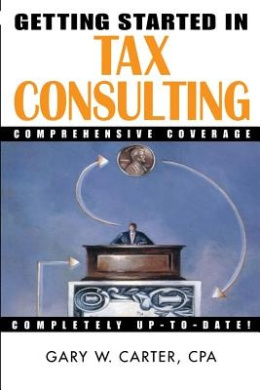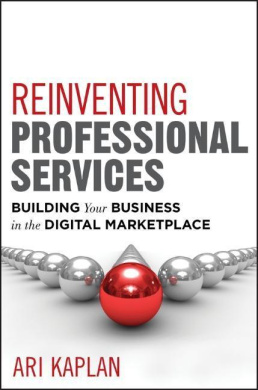Description
In this guide to managing in professional environments, two renowned consultants show professional group managers lacking formal authority how to lead colleagues to peak performance. 15 tables. Patrick J. McKenna is a widely recognized expert on managing professional service firms and a partner in Edge International in Edmonton, Canada, a consulting firm serving professional service firms throughout the world. Mr. McKenna is the coauthor of two Canadian Top 10 management bestsellers, Beyond Knowing and Herding Cats. David H. Maister, one of the world’s leading authorities on the management of professional service firms, is the author of several successful books, including Managing the Professional Service Firm, True Professionalism, and Practice What You Preach, and coauthor of The Trusted Advisor. Contents Introduction PART ONE GETTING READY 1. CLARIFY YOUR ROLE How, exactly, do you add value as a group leader? 2. CONFIRM YOUR MANDATE Is there an explicit agreement about your rights and responsibilities? 3. BUILD RELATIONSHIPS — ONE AT A TIME What are the key skills you must have? 4. DARE TO BE INSPIRING Do you know how to inspire people? PART TWO COACHING THE INDIVIDUAL 5. WIN PERMISSION TO COACH How do you get people to accept your guidance? 6. LISTEN TO BUILD RAPPORT Do people think you are a good listener? 7. DEAL DIFFERENTLY WITH DIFFERENT PEOPLE How can you understand and respond to people’s differences? 8. HELP UNDERPERFORMERS How can you be useful to those who need assistance? 9. TACKLE THE PRIMA DONNAS How do you deal with difficult people? 10. BUILD SUPPORT FOR CHANGE How do you get people to buy into the need for change? PART THREE COACHING THE TEAM 11. CLARIFY GROUP GOALS Does your group have specific, clearly articulated, shared objectives? 12. DEVELOP YOUR GROUP’S RULES OF MEMBERSHIP What do members of your group owe to each other? 13. BUILD TEAM TRUST What gets group members to trust each other? 14. THROW DOWN A CHALLENGE Has your group selected an exciting challenge? 15. ENERGIZE YOUR MEETINGS What are good meeting disciplines? 16. GIVE RECOGNITION How do you acknowledge accomplishments? 17. RESOLVE INTERPERSONAL CONFLICTS What do you do when team members fall out? 18. DEAL WITH YOUR CRISES How do you respond to dramatic events? PART FOUR BUILDING FOR THE FUTURE 19. NURTURE YOUR JUNIORS How do you deal with your junior staff? 20. INTEGRATE NEW PEOPLE How do you ensure the success of new hires? 21. CONTROL YOUR GROUP’S SIZE How do you respond to the problems of size? 22. MEASURE GROUP RESULTS How do you measure your group’s success? 23. WHY BOTHER? Why would you want to do all this? Notes on Sources Further Reading Bibliography Acknowledgments Index






